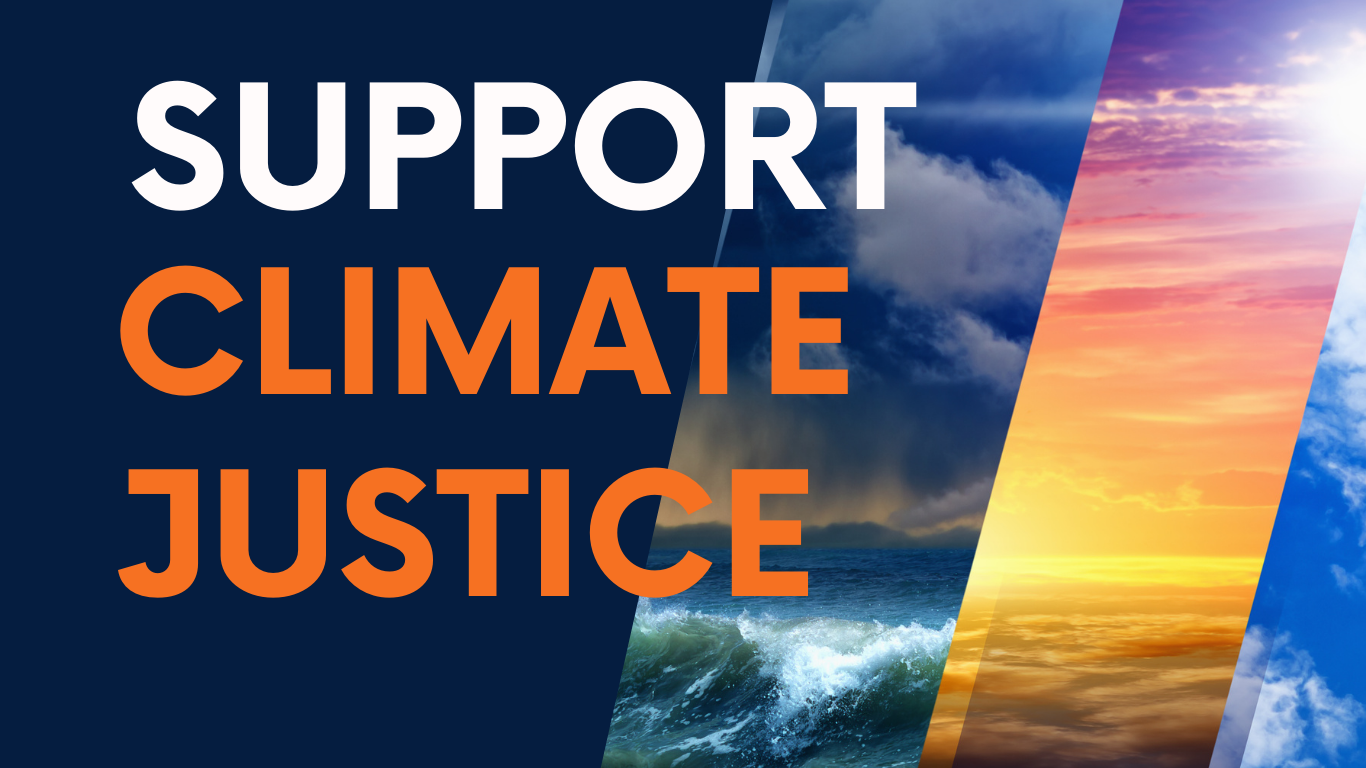By Marco Lopez
Put simply, climate change is about long-lasting changes in average weather conditions that can be noticed all over the globe. These alterations include shifts in temperature, precipitation, and wind patterns and persist for an extended period, usually decades or even longer.
This reality makes the topic of climate change incredibly crucial to our present and our future, as it carries the potential to reshape the world we inhabit.
Historically, the Earth’s climate system has naturally fluctuated over time. It revolves around a process known as the greenhouse effect, which maintains a careful balance with the amount of energy we receive from the sun. This balance, however, has been significantly disrupted since the onset of the Industrial Revolution in the mid-1800s.

Human beings have experienced a rapid evolution, from mastering fire to inventing the wheel, and from establishing organized states to creating advanced technology powered by energy. The extraction and burning of fossil fuels, initially coal, and later oil and natural gas, fueled the industrial advancements that brought about tremendous development in human civilization.
The acceleration in technological growth and energy usage, while beneficial in many ways, came with some substantial downsides. For example, the amenities of the modern world, from video calls across continents to say space travel, depend on the massive emission of fossil fuels. This dependence has pushed our planet and its inhabitants to the brink of severe climatic changes.
Moreover, our planet’s population has grown from 1 billion in 1800 to a whopping 8 billion as of November 2022, according to Our World in Data. This growth has increased demand for space and food, leading to extensive deforestation. Trees, which serve as natural carbon sinks by absorbing and storing carbon from the atmosphere, release this stored carbon back into the atmosphere when they are cut down, intensifying the greenhouse effect.
The consequences of this imbalance are varied and complex. We’re witnessing increases in global temperatures, melting ice caps and glaciers, and rising sea levels. According to the National Oceanic and Atmospheric Administration (NOAA), extreme weather events like hurricanes and heat waves are becoming more common, and shifts in rainfall patterns are leading to both flooding and droughts. These changes have profound effects on our ecosystems, wildlife, and overall lifestyle.
Societal and economic impacts are equally significant. The Food and Agriculture Organization reports that our food supply chains and agricultural systems are under severe strain. The World Health Organization identifies an array of physical and mental health risks associated with climate change. We’re seeing surges in migration and conflicts due to resource scarcity and loss of land due to climate impacts.
However, despite the grim outlook, we do have solutions at our disposal. We have the capacity to reduce greenhouse gas emissions by shifting to renewable energy sources, improving energy efficiency, promoting sustainable agriculture, and implementing carbon sequestration and storage technologies. We can adapt by constructing climate-resilient infrastructures, developing drought-resistant crops, and planning for sea-level rise, flooding, and storms with early warning systems.
But these solutions require international cooperation. International agreements like the Kyoto Protocol and the Paris Agreement provide a framework for collective action. Still, individual actions also play a crucial role in combatting climate change.
As we look to the future, uncertainties remain. World leaders have agreed that global temperatures must not rise by more than 1.5 degrees to prevent the most catastrophic effects of climate change. However, with current global temperatures already at 1.2 degrees and carbon emissions continuing to rise, this goal seems increasingly challenging.
It’s crucial to remember that it’s not too late to take action. While small lifestyle changes like reducing energy use, recycling, and making dietary changes can contribute to a more sustainable future, we also need to push for substantial systemic changes, including a move away from a global system that depends heavily on fossil fuels.







